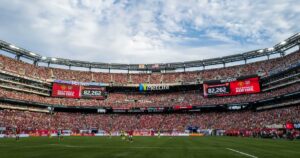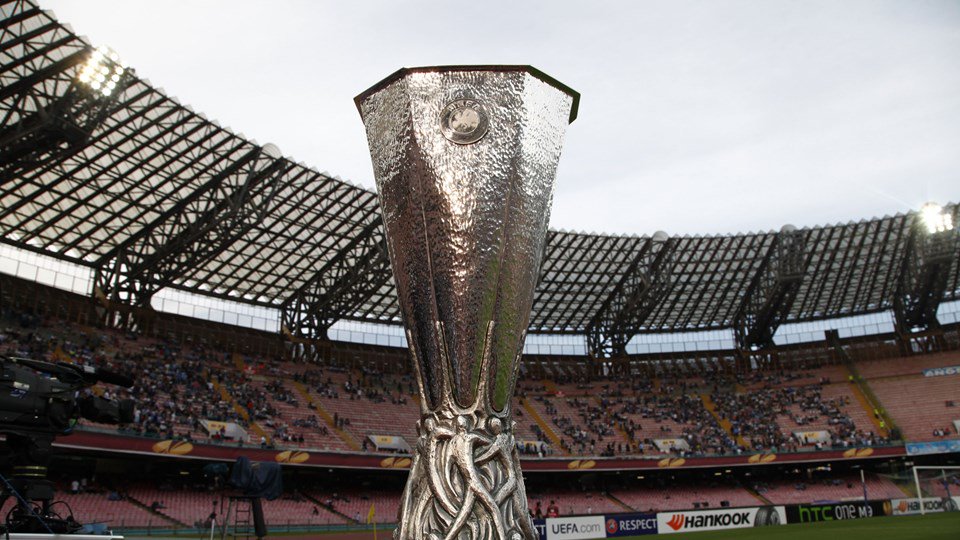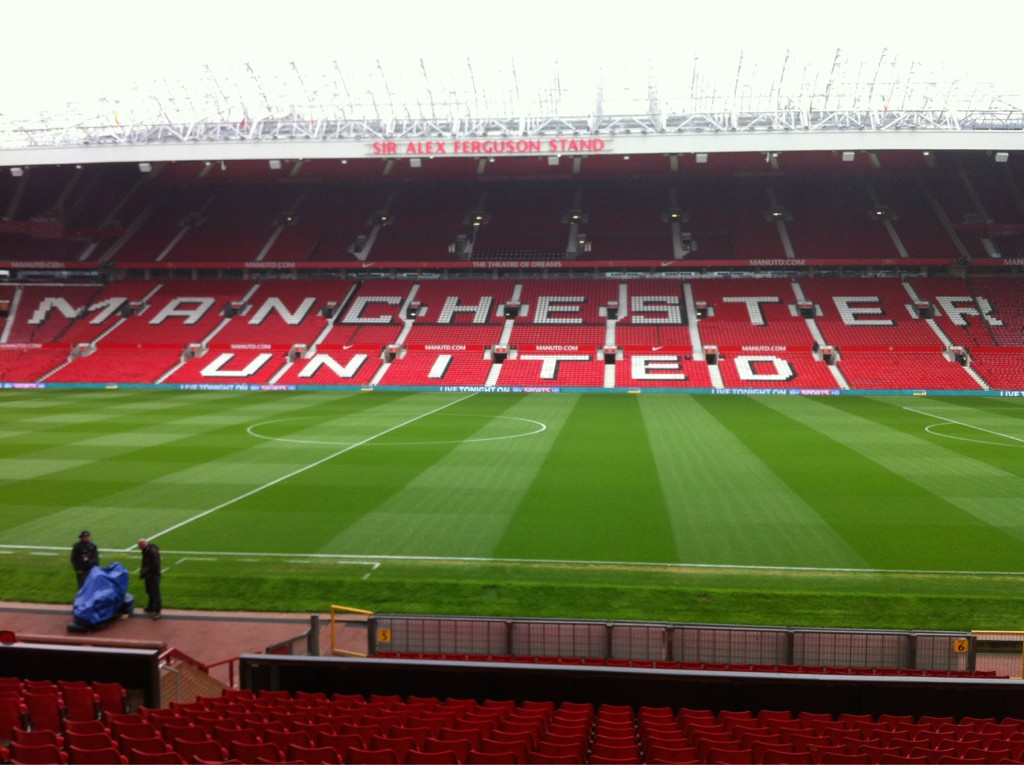 Some good financial results released by Manchester United today. The headline is that for the first time since the Glazer’s saddled the club with the debt from their takeover , the club’ debt is down to £359.7m, down 17% on from a year earlier.
Some good financial results released by Manchester United today. The headline is that for the first time since the Glazer’s saddled the club with the debt from their takeover , the club’ debt is down to £359.7m, down 17% on from a year earlier.
The reason for the decrease is that the Glazers used some of the proceeds of the club’s flotation on the New York Stock Exchange in August to pay off £62.6m of bonds.
Overall, United made a net profit of £20.5m, largely boosted by a tax credit, compared with a loss of £5m a year earlier.
“Manchester United had a record first quarter driven by our commercial operation, which continues to experience extremely strong global revenue growth in new media and mobile, retail merchandising and sponsorship,” said Ed Woodward, executive vice-chairman.
So for the three months that ended 30 September 2012, United saw total revenue rose 3.4% to £76.3m. United estimate overall income will reach between £350 and £360 million over the entire financial year that ends June 30, 2013. That is a simply massive number and will end up being almost £100m more than the next English club.
Once again the biggest driver in United’s revenue was the commercial side of the club as revenue their increased 24.3% to £43m, driven by 10 new sponsorship deals entered into during the quarter, including those with General Motors and sports betting company Bwin. The new kit deal with General Motors for the Chevrolet is worth an incredible £357million deal.
Another way to look at United’s commercial revenues. Arsenal’s commercial revenue for ALL of last season was £51m. United’s was £43m in three months!!
On a annualized basis, United’s commercial revenue would be £172 million, putting them right up their with Real Madrid and Barcelona.
When Uefa’s Financial Fair Play rules coming into effect, United’s commercial revenue is going to give the club a huge advantage over many of the other clubs throughout Europe.
Under FPP teams can basically not spend more than they take in. So if you can generate £50, £75, or £100 million more in revenue than your competitors you have a huge competitive advantage. You can pay more in transfer fees, and you can pay higher wages than your rivals. That in turn translates to more wins on the field, which in turn then generates more commercial revenue.


